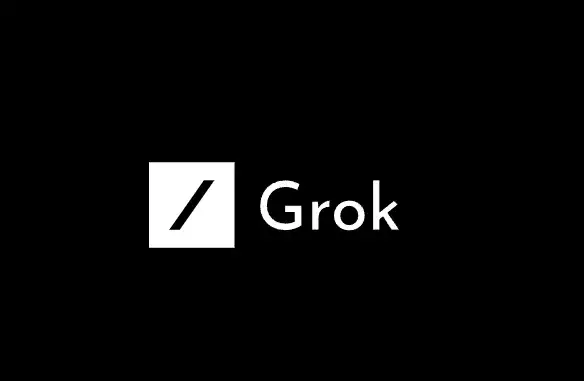The anticipation surrounding Elon Musk’s “Grok,” an AI chatbot, has finally culminated in its release to the broader community of X users, previously exclusive to X Premium subscribers. Although this rollout introduces Grok’s functionalities, it’s essential to critically evaluate its relevance in social media. Currently, less than 1% of X’s user base comprises premium subscribers, raising questions about AI’s integration into social platforms primarily constructed for authentic human connections.
Grok empowers users to engage in various activities such as asking questions, generating images through advanced features like the Aurora integration, and producing witty or “sassy” responses in its “Unhinged Fun” mode. However, as social media evolves, the true necessity and sustainability of AI chatbots like Grok remain debatable. Users are left pondering whether automated dialogues can enhance or significantly alter their social interactions.
Traditionally, social media has fostered genuine human-to-human communication, allowing individuals to convey their thoughts and opinions freely. This democratization of discourse was meant to be a counter-narrative to conventional media outlets. However, one must question if automating a user’s content by leveraging AI undermines this foundation. When users substitute genuine expressions with AI-generated content, they risk diluting the authenticity that social platforms promise.
While Grok may offer intriguing features, the overarching question is whether it significantly contributes to meaningful dialogue. Encouragingly, one can analyze alternatives and explore new perspectives using AI-generated insights. However, if those using the tool are unclear about what they desire from it, the outputs may come off as uninspired at best, or wholly irrelevant at worst. The essence of any interaction is rooted in the nuances of human experience—something AI, regardless of how advanced it appears, inherently lacks.
Despite valid skepticism, it’s crucial to acknowledge that generative AI has the potential to enhance specific workflows across various fields. For instance, legal professionals can leverage AI like Grok to brainstorm alternative arguments or analyze past precedents more efficiently. Yet, this is dependent on the user’s expertise. AI becomes a tool for refinement rather than a replacement for human insight and creativity. The reality is that AI can enhance professionals’ skills but isn’t likely to transform novices into experts.
The hype surrounding AI often paints an exaggerated picture of its capabilities, leading to misconceptions about its actual functionality. Claims of breakthroughs resulting in fully autonomous machines or systematic job replacements are currently overstated. The reality of AI incoherently mirroring smart technologies underscores its limitations. Therefore, while it can play a defining role in specific sectors, its blanket application within social media lacks the same promise.
As the tech landscape progresses, companies like Meta are innovating AI-integrated features. Still, these efforts must align with the core purpose of these platforms—facilitating genuine social connections. Meta’s ambition to harness AI seems strategically sound in the context of advanced augmented and virtual reality functionalities, but the same cannot be said for chatbots that lack genuine utility. The gulf between AI’s novelty and its practical merits is becoming increasingly apparent.
Platforms such as X and Facebook show eagerness to implement AI tools, yet the average user might not share the same enthusiasm. Will employing AI-generated visuals and infrequently meaningful conversations truly elevate user experiences? The answer appears more complicated than a simple “yes” or “no.” For many users, the fascination with robots conversing or generating art will likely yield superficial engagement at best.
As we stride further into the realm of integrated AI, maintaining the authenticity of social interaction must remain at the forefront of discussions. The presence and influence of AI, as seen with Grok, serve to evoke critical examination of the true nature of social media exchange. If platforms prioritize novelty over substance, they risk negating the very essence of communication that users crave.
While AI tools like Grok may offer glimpses of value and utility, their application in social media raises more concerns than it resolves. The line between enhancement and dilution of social engagement must be tread carefully, lest we lose sight of the human connections that form the bedrock of digital interaction. Ultimately, users need to regain ownership of their narratives and voices in a landscape increasingly populated with artificial intelligence.


Leave a Reply